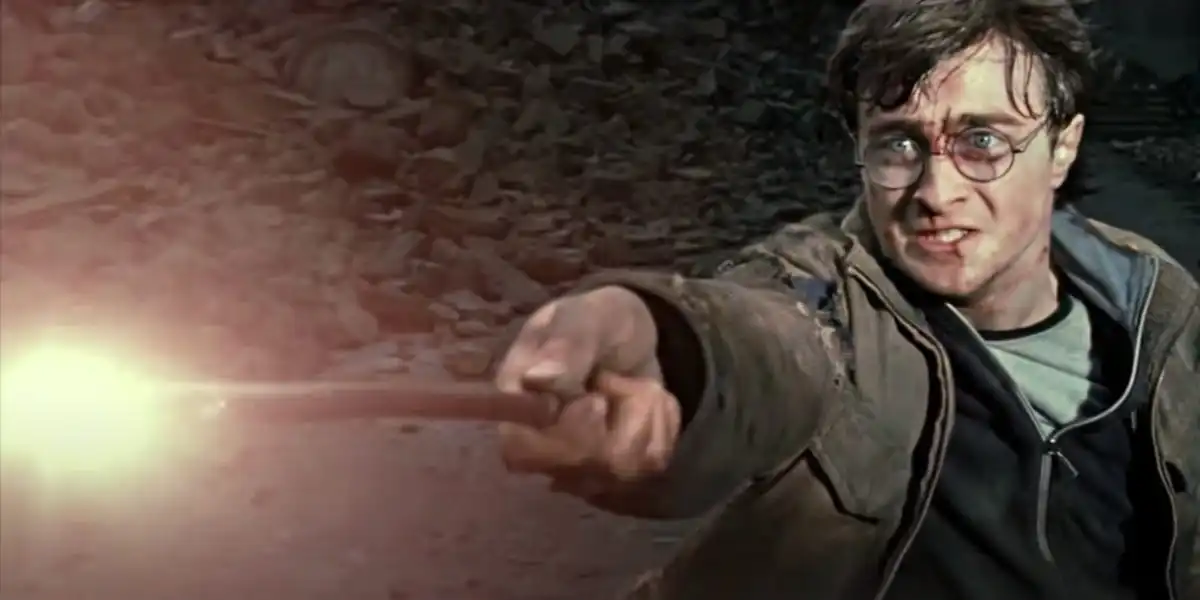OpenAI now tries to hide that ChatGPT was trained on copyrighted books, including J.K. Rowling’s Harry Potter series::A new research paper laid out ways in which AI developers should try and avoid showing LLMs have been trained on copyrighted material.



I’m a huge proponent of expanding individual copyright to extreme amounts (an individual is entitled to own the rights and usage rights to anything they create and can revoke those rights from anyone), but not in favor of the same thing for corporations.
I hold the exact opposite view as you. As long as it’s a truly creative work (a writing, music, artwork, etc) then you own that specific implementation of the idea. Someone can make something else based on it, but you still own the original content.
LLMs and companies using them need to pay for the content in some way. This is already done through licensing in other parallels, and will likely come to AI quickly.
To be clear, I’m still working through my thinking in this but it’s been something cooking for quite a while. I may not have all the words to express my meaning. For example, I think there are two routes to take in making my argument, one moral, the other technical. I’m not building on the morality of copyright, but focusing on the technical aspects of the limits of ideas.
I suppose I would ask you then about your views in authoritarianism. Because it seems to be that with out an extremely authoritarian state, it would be basically impossible to enforce your view of copyright. Are you okay with that kind of pervasiveness?
Also, from a technical perspective, how do you propose this view of copyright be applied? This is kind of towards the broader point I’m thinking I believe in. It’s not just that copyright laws are epifaci ridiculous, they are also technically almost unenforceable in their modern extremist interpretation with out an extremely pervasive form of surveillance.
Easy. The same way we already do it. We enforce music licensing, video licensing and other ip licensing. It’s been done. All this would do is extend those rights to the individual and remove them from corporations. Work product can be owned by companies, but not indefinitely. Individuals should always be in control of their creations.
Restrictions would more or less be strictly commercial, to where hobbyists wouldn’t be impacted, but as soon as it’s used to make money the original creators are owed as part of it.
It wouldn’t be any harder than it is now, as long as copyright is proved. (Hey look, this is the first time I’ve found an actual use of NFTs). In general anything being done for momentary gain is already monitored and surveilled, so this wouldn’t be a change there either.
Edit: Also most of us already live in authoritarian states. This won’t really change anything. Big corps already enforce their copyright when it makes monetary sense and are actively trolling for unauthorized uses.
I hold whatever view makes George Lucas stop digitally remastering the original trilogy.